Activities Related to Circadian Rhythm
Our biological clock don't work with gears and indicators but with biochemical substances that take care to keep us synchronized and our organization in homeostasis. Living organisms, from animals to plants and micro-organisms, adapted their biological functions to a 24-hour day / night cycle, i.e. that of the Earth's rotation around its axis. This rhythm is called the circadian rhythm, from the Latin phrase "circa diem" meaning "nearly a day".
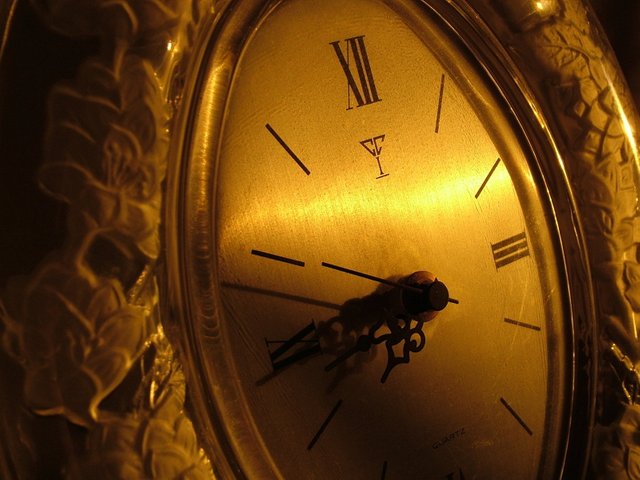
Many biochemical pathways and external stimuli are involved in its regulation, with changes in brain activity, hormone production and cell regeneration. Nearly 1/3 of our genes are affected by the circadian rhythm. Consequently, we can understand that its deregulation can affect our many functions and lead to sleep disorders, cancer, hormonal disorders, infections, heart disease, obesity, diabetes, depression.
Some Activities Related to Circadian Rhythm :
SLEEP
Light is a basic external stimulus that keeps the clock of the hypothalamic brain adjusted. Our watch sets the times we have to be awake and the hours we have to sleep during the day. Adults can sleep deeply in the intervals between 02: 00-04: 00 am and 01: 00-03: 00 pm In adolescence, most young people experience a phase shift of sleep. This change makes them feel awake late at night and can not sleep before 11:00 in the evening.
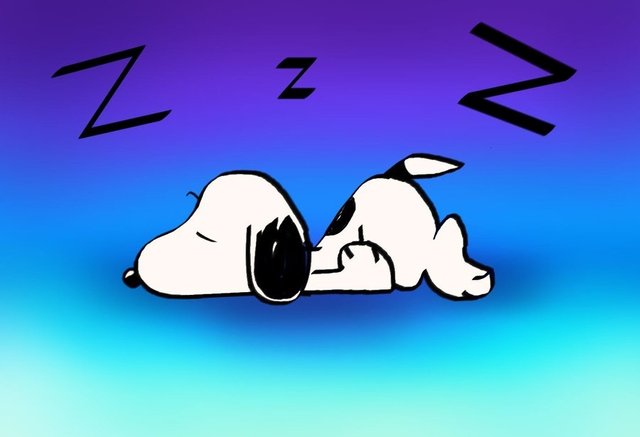
FOOD
Food is a basic stimulus for synchronizing the circadian rhythm of the peripheral tissues of the body. When we get used to eating at a specific time of day, the organization is developing a status quo for that time, a series of processes are activated for better a food digestion and a more effective use of nutrients. On the other hand, lack of food at eating hours has profound implications in our behavior and physiological functions.

METABOLISM
As food controls and controlled by the circadian rhythm, the metabolism as well is directly related to it, since it has to plan energy production according to physical activities, that we have to cover during the day. Thus, it regulates lipid metabolism in the liver, oxidation of fatty acids in the muscles, insulin secretion in the pancreas and other important functions.
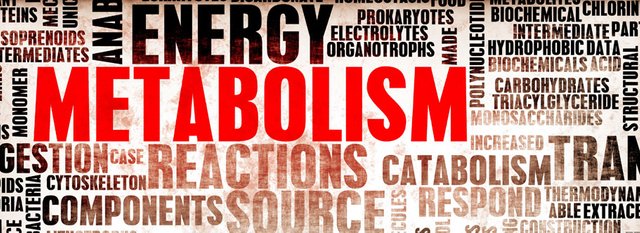
IMMUNE RESPONSE
Even our immune response to pathogens is more effective at the vigilance's hours, probably because our body seems to realize that the risk of infection increases when we are active.
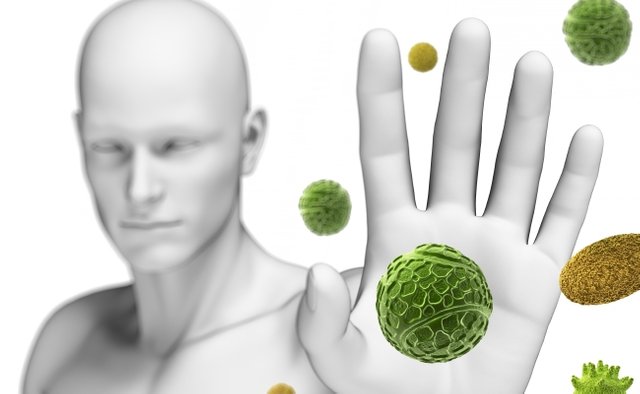
AGING
As we grow older, our circadian rhythms break, as the levels of produced hormones change, the body temperature and our alertness decreases. This is why the elderly have difficulty sleeping in the evening and wake up early in the morning.
TRAVELING
When traveling in areas with different time zones than what we are used weoften get Jet lag. If we travel from Greece to America we will lose a few hours, but our body will not know this. So we will feel exhausted and disoriented. After some time our organic clock will adjust again, but it may take a few days.
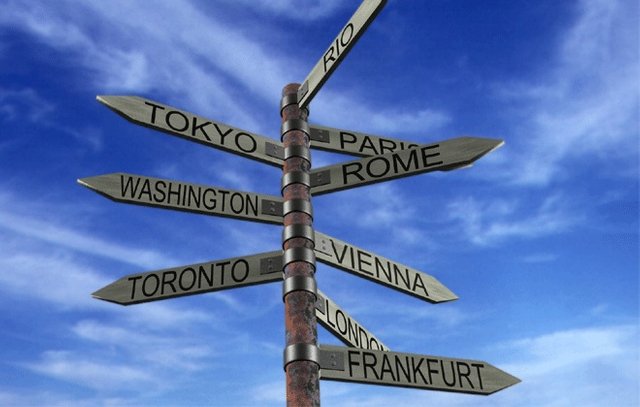
Info source: bioximikos
photos: google
According to oriental medicine every two hours a different organ of human body repaired it self . If you don't follow the nature cycles then your body gets unbalanced in physical , emotional and spiritual state.
@amadeus Thank a lot for your comment. I will include oriental medicine in one of my next post
Σαν βελονιστής θα περιμένω με μεγάλο ενδιαφέρον και χαρά την ανάρτησή σου.
Nice writeup very informative!
@chelsea88 Thank you. It is so kind of you
Great post! There definitely are various factors that determine what direction or health/body is going to go; other good or bad. About a year ago I was pretty loose with what I was eating and pretty much just sat on my butt all day. My health was horrible and I was sick all the time. I then tighten up my diet and started to lose a lot of weight but besides the weight loss I found I stopped getting sick all the time. It was amazing because it seemed if anyone was sick in the house it was me.
Thank you for sharing!
Thanks a lot for stopping by to read
So, judging from what you have written here, I can come up with at least half a dozen excuses for misconstruing your comments last night. Which ones would you find most acceptable?
@onceuponatime Ha ha ha ha I think i understand where you are coming from. What can you do my dear? Woman will always be a roller coaster :)
Ηθικο διδαγμα? "τα ποτα και τα ξενυχτια" don't blend well with Steemit :)
I owe you an apology!
Thank you soooooo much
Congratulations @mariaentela, this post is the fifth most rewarded post (based on pending payouts) in the last 12 hours written by a Newbie account holder (accounts that hold between 0.01 and 0.1 Mega Vests). The total number of posts by newbie account holders during this period was 4116 and the total pending payments to posts in this category was $1717.95. To see the full list of highest paid posts across all accounts categories, click here.
If you do not wish to receive these messages in future, please reply stop to this comment.
@mariaentela,
Salutations. I am JaiChai. Pleasure to make your acquaintance.
Enjoyed your solid, informative post.
Except for sunlight, is there any other natural substance better than melatonin to assist circadian rythm adjustment?
Namaste,
JaiChai
As someone who suffered from insomnia issues for most of my life, I can certainly believe that it messes with the circadian rhythm. All of this is great information. As I've been looking into intermittent fasting more lately, I'm curious how this all fits together. Maybe it will help with some of my sleep issues to change when/how often I eat, too!